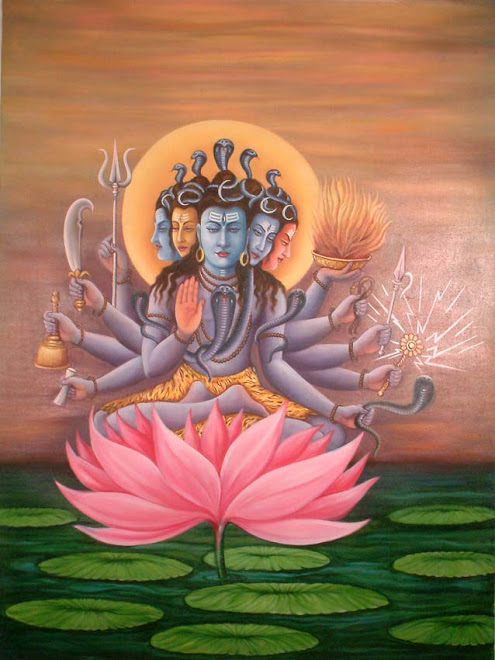I actually finished #33 before the last reading round-up post but I decided to wait, because this book deserves a post all its own.
Frank McCourt, no stranger to lyrical Irish tale-telling himself, called Colum McCann's Let the Great World Spin a "groundbreaking heartbreaking symphony of a novel," which says it all. It is a symphony -- multiple threads of melody that weave in and out, sometimes almost without the reader (or listener) being aware of the all the lines that come together so perfectly, so beautifully. The past weaves into the present, and then again into the future. And all of it is braided so brilliantly together.
It's the story of New York in August of 1974 -- of one week, which was the week that Philippe Petit crossed the high wire on the World Trade Center, the week that Nixon resigned, and the week that I moved to Manhattan. One thread -- a minor one -- tells us of the high wire artist and the city's response to it. But all the others are of people we would never read about in the paper: an Irish monk living in the Bronx projects, a mother-daughter pair of prostitutes, two women who have lost their sons in Vietnam, a judge in the overloaded Manhattan courts, an artist who is thrown from one life to another when her car taps another on the FDR Drive. And more, many more. Each story ties to the others and each brings another life to full, rich, real existence. As much as you are sad to leave one story behind, you are immediately, fully immersed in another.
I was stunned by the beauty of this novel. I was equally stunned by how it thrust me back into the New York I moved to in August of 1974, the grit, the rough texture, the feral atmosphere. But this book does not dwell on the darkness or the misery. It's the kind of book that left me feeling joyous, that made me want to start it over again right away, that made me want to sit, and think, and breathe deep, and talk about it, and give copies to everyone I know.
In addition to being in love with the book, I am also in love with its author. The paperback of the book contains an interview with McCann. In it he says that this book is his emotional response to 9/11. He says, "It's my stab at personal healing. I'm not here to preach. I just lay out a landscape so that people can walk into it, or walk out, hopefully with their souls shifted sideways an instant."
Isn't that a wonderful description of what happens when we read something marvelous: our souls shift sideways an instant.
But what finally made me love the book is its heart. It is a story -- a symphony of stories -- filled with a powerful compassion, a compassion based on understanding and faith, not the God kind, but the faith in people that seems so outdated today. I wasn't surprised to hear McCann say, in that interview at the back:
"It's strange, but as I grow older, I find myself developing more optimism. I keep inching toward the point where I believe that i's more difficult to have hope than it is to embrace cynicism. In the deep dark end, there's no point unless we have at least a modicum of hope. We trawl our way through the darkness hoping to find a pinpoint of light. But isn't it remarkable that the cynics of this world--the politicians, the corporations, the squinty-eyed critics -- seem to think that they have a claim on intelligence? They seem to think that it's cooler, more intellectually engaging, to be miserable, that there's some sort of moral heft in cynicism."
And one last beautiful, big-hearted word from the author:
"I think that a good novel can be a doorstop to despair."
I will now read everything else Colum McCann has ever written and then wait, impatiently, for more.


No comments:
Post a Comment